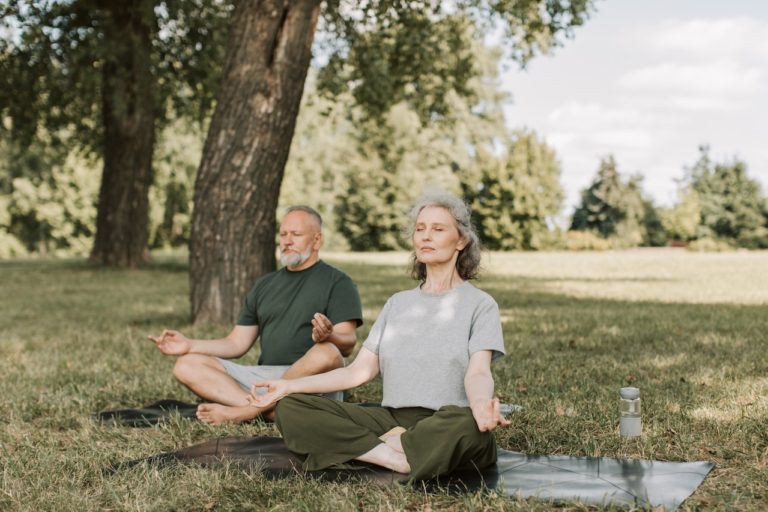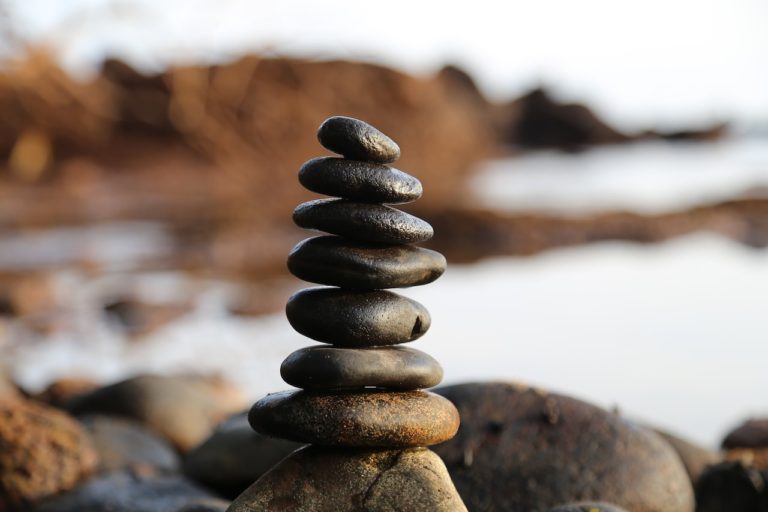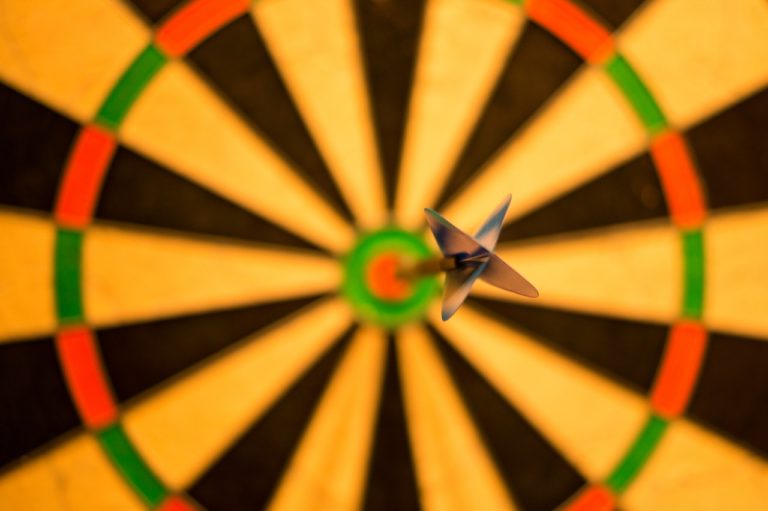Pickleball is a fast-paced and highly strategic sport that requires a great deal of mental toughness to excel. To succeed in the game, you need to develop the ability to stay mentally focused, regardless of the challenges or pressures you face. Whether you are a beginner or an experienced player, here are some tips to help you cultivate mental toughness in pickleball.
Embrace Pressure
One of the most important aspects of mental toughness in pickleball is the ability to handle pressure. Pressure can come in many forms, including close matches, challenging opponents, and high-stakes tournaments. While pressure can be intimidating, it’s important to remember that it’s also an opportunity to showcase your skills and prove yourself. By embracing pressure, you can turn it into a source of motivation and use it to fuel your focus and performance.
Focus on the Process
Another key component of mental toughness in pickleball is the ability to focus on the process rather than the outcome. Rather than obsessing over the score or the result of the match, focus on the specific techniques and strategies that will help you perform at your best. By staying present and in the moment, you can maintain your focus and concentration throughout the game. This can also help you stay calm and centered, even in high-pressure situations.
Develop a Routine
Establishing a pre-game routine can be an effective way to prepare yourself mentally for the match ahead. This routine can include physical warm-ups, mental visualization exercises, or even listening to your favorite music. By creating a routine, you establish a sense of predictability and familiarity, which can help reduce anxiety and increase focus. Stick to your routine consistently, and adjust it as needed to find what works best for you.
Stay Positive
Staying positive and optimistic is another crucial aspect of mental toughness in pickleball. Rather than dwelling on mistakes or missed opportunities, focus on the positive aspects of your performance. Celebrate your successes, no matter how small, and use them to build confidence and momentum. When faced with a setback or challenge, reframe it as a learning opportunity rather than a failure. By maintaining a positive and resilient attitude, you can maintain your focus and energy throughout the game.
Practice Mindfulness & Staying Present
Mindfulness is the practice of being present and fully engaged in the current moment, without judgment or distraction. In pickleball, mindfulness can be a powerful tool for staying focused and alert, even in the face of distractions or challenges. Practice mindfulness techniques such as deep breathing, body scanning, or visualization to help you stay centered and focused during the game. By cultivating a mindful mindset, you can also reduce stress and increase your overall well-being.
Build Resilience
Resilience is the ability to bounce back from setbacks and maintain a positive attitude in the face of adversity. In pickleball, resilience is a critical component of mental toughness and success. To build resilience, focus on developing a growth mindset rather than a fixed mindset. Embrace challenges as opportunities for growth, and view failures as temporary setbacks rather than permanent roadblocks. By building resilience, you can stay motivated and focused even in the face of difficult opponents or unexpected obstacles.
5 Mental Toughness Techniques You Can Use Today
Visualization Techniques: One of the most effective ways to build mental toughness in pickleball is through visualization techniques. This involves imagining yourself successfully executing shots and strategies during practice and competition. Visualization allows you to focus your mind on achieving your goals, and can help to reduce anxiety and stress during high-pressure situations.
Positive Self-Talk: The way we speak to ourselves can have a significant impact on our mental state. In order to build mental toughness in pickleball, it’s important to practice positive self-talk. This involves replacing negative thoughts and doubts with positive affirmations, such as “I can do this” or “I am capable of playing at a high level.” By cultivating a positive internal dialogue, you can increase your confidence and focus on the task at hand.
Goal Setting: Setting achievable and realistic goals can be a powerful motivator in building mental toughness in pickleball. By identifying specific targets for improvement, such as hitting more winners or reducing unforced errors, you can create a roadmap for success and measure your progress over time. Additionally, achieving these goals can provide a sense of accomplishment and confidence that can carry over to future matches.
Breathing Exercises: Controlling your breathing is a powerful tool for reducing stress and improving focus. In pickleball, taking deep breaths before and during points can help you stay calm and centered, even in high-pressure situations. Additionally, practicing mindfulness meditation and other breathing exercises can help to increase your overall mental resilience and reduce the negative impact of stress on your game.
Emotional Regulation: Emotions can run high in pickleball, especially during close matches or tough losses. Building mental toughness in pickleball means learning to regulate your emotions and maintain a calm and focused mindset. This can involve techniques such as deep breathing, positive self-talk, and visualization, as well as developing strategies for managing frustration and anger on the court.
By incorporating these mental toughness techniques into your pickleball practice and competition routines, you can improve your focus, confidence, and overall performance on the court. Remember, building mental toughness is a process, and requires consistent effort and practice over time. With dedication and hard work, however, you can develop the mental skills you need to take your pickleball game to the next level.
Conclusion
In conclusion, mental toughness is a vital skill for success in pickleball. By embracing pressure, focusing on the process, developing a routine, staying positive, practicing mindfulness, and building resilience, you can cultivate the mental toughness needed to excel on the court. Remember that mental toughness is a skill that can be developed and improved with practice and dedication. Incorporate these tips into your training and preparation, and you’ll be well on your way to achieving your goals in pickleball.





